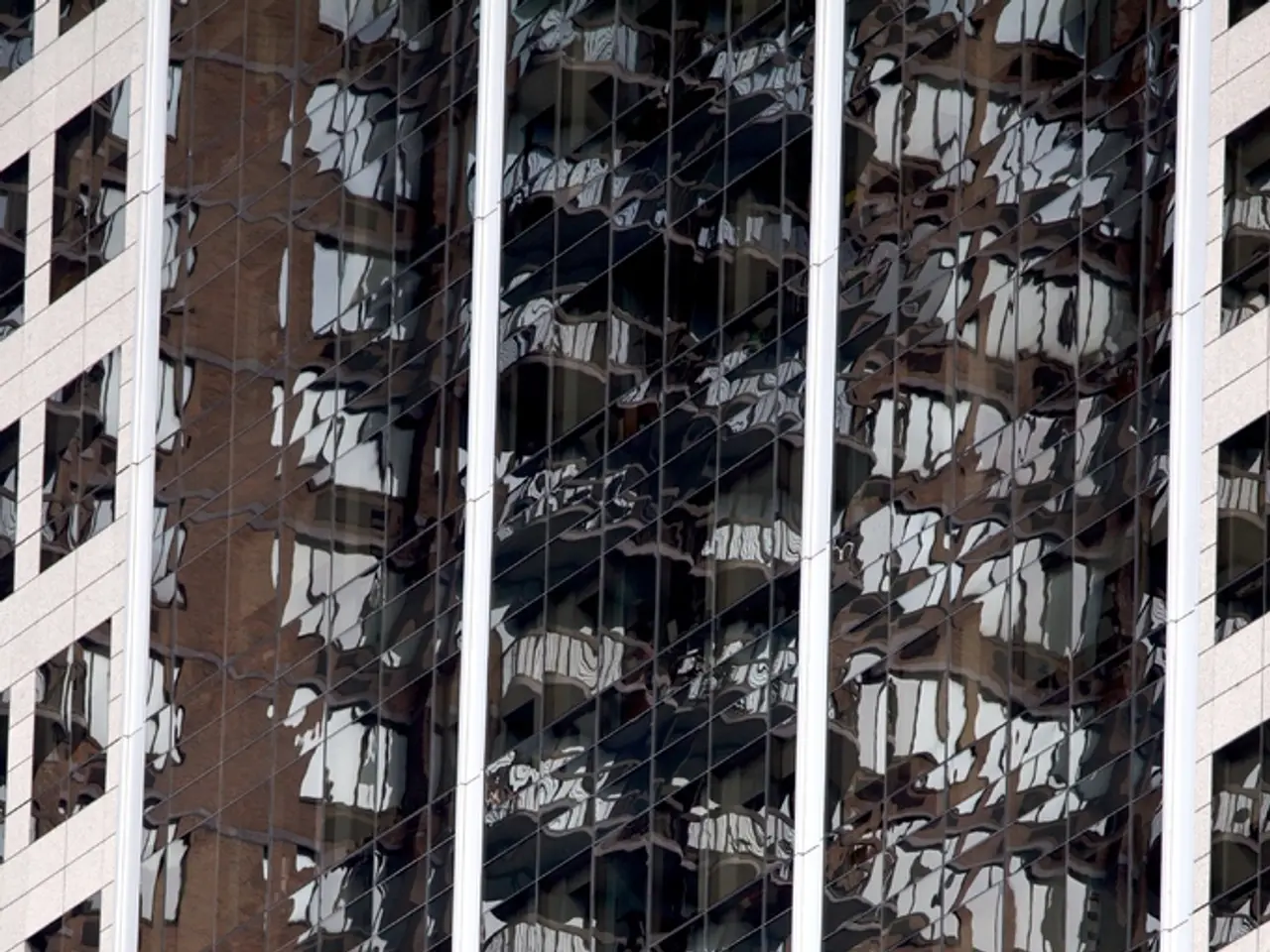State funding and expenses associated with new projects
In the pursuit of a more sustainable and energy-efficient home, the replacement of old windows with modern, burglar-resistant ones is a significant step. The average cost for such an upgrade in Germany varies widely, with residential windows typically costing around €400 to €1,200 per window, particularly for modern, energy-efficient aluminium windows with advanced thermal break technology.
Commercial projects, on the other hand, often focus on triple-glazed windows with inert gas fills and integrated shading systems, contributing to costs that are often higher but proportionate to the performance gains.
Fortunately, the German government offers various subsidy programs to support energy efficiency upgrades, including window replacements. These include direct government subsidies for green retrofits and energy-saving renovations, increased energy efficiency standards for new buildings, programs tied to KfW loans or subsidies for energy-efficient construction and refurbishment, and additional fiscal policies linked to the energy crisis that subsidize replacements reducing energy use and emissions.
One such program is the KfW 261, which grants a loan at favorable KfW interest rates for the renovation of a complete building to an energy-efficient house, including the exchange of windows and doors. This loan can cover a significant share of the investment costs in window upgrades to meet standards like KfW55 or better.
Another option is the Modernization Loan, or renovation loan, which is suitable for financing new windows. Under certain conditions, the landlord can even pass on up to 8% of the resulting modernization costs for new windows to the annual rent.
For those seeking additional financial aid, there are further funding programs of individual federal states, such as the "Energy Efficiency Loan" in Lower Saxony or "Modernize Living Space" in Berlin.
It's important to note that by installing energy-efficient and burglar-resistant windows, homeowners can enjoy benefits beyond energy savings. New windows offer high heat insulation, help save heating costs, improve energy efficiency, and provide better sound protection.
For detailed local pricing, consulting specific window manufacturers or installers in Germany is advisable, as costs vary by window specifications and regional labor rates. Also, checking current KfW programs or local municipalities' energy efficiency incentives can clarify financing possibilities.
Lastly, it's worth mentioning that the cost of removal and disposal of old windows is approximately 50-100 €/m², while installation and assembly costs are approximately 100-150 € per window.
By making the switch to energy-efficient windows, homeowners can not only enhance the security and comfort of their homes but also contribute to Germany's goal of becoming climate-neutral by 2045.
- Home-improvement projects, such as the replacement of old windows with modern and burglar-resistant ones, often involve personal-finance considerations, as the average cost for such an upgrade in Germany varies between €400 and €1,200 per window.
- In the realm of business, commercial projects focusing on energy efficiency often prioritize triple-glazed windows with inert gas fills and integrated shading systems, despite higher costs, due to the proportionate performance gains they offer.
- For those seeking financial assistance for home-and-garden projects, such as window replacements, there are subsidies available from the German government, like the KfW 261 loan, which covers a significant share of the investment costs, particularly for energy-efficient improvements that meet standards like KfW55 or better.




